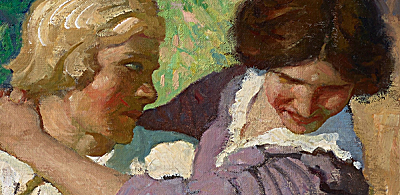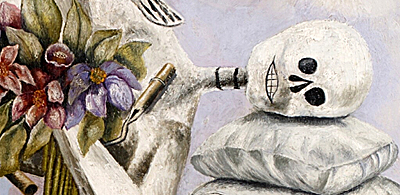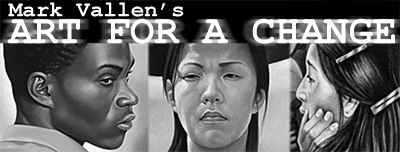That Article or Page No Longer Exists...
Instead check out the latest blog posts below or three random blog posts further down.
Latest Additions to the Blog

AI, the end of Illustration art
I recently came across an illustration of Elon Musk published on a popular news and commentary website. The credit for the likeness read “Image generated

Frida Kahlo and The Dream
The culture vultures have descended. On Nov. 20, 2025 Sotheby’s New York auctioned a 1949 self-portrait by Frida Kahlo. It is titled El sueño (La

Luigi’s Circle Jerk Army
On April 13, 2025, the antediluvian punk rock band from Los Angeles, the Circle Jerks, performed at the Coachella Valley Music and Arts Festival. Singer
Three Random Blog Posts
My Tribute to Ronald Reagan
Ronald Reagan would have turned 100 on Sunday, February 6, 2011, and many U.S. citizens are celebrating this centenary from coast to coast with frenzied
Siqueiros Mural Discovery!
Worker’s Meeting (or “Mitin Obrero”), was a two-story mural painted by Mexican artist David Alfaro Siqueiros. Created on an outside wall of the Chouinard School
Sid Vicious & I
I make a short appearance on one of the special features appearing on the 30th Anniversary DVD edition of Sid & Nancy, Alex Cox’s 1986

